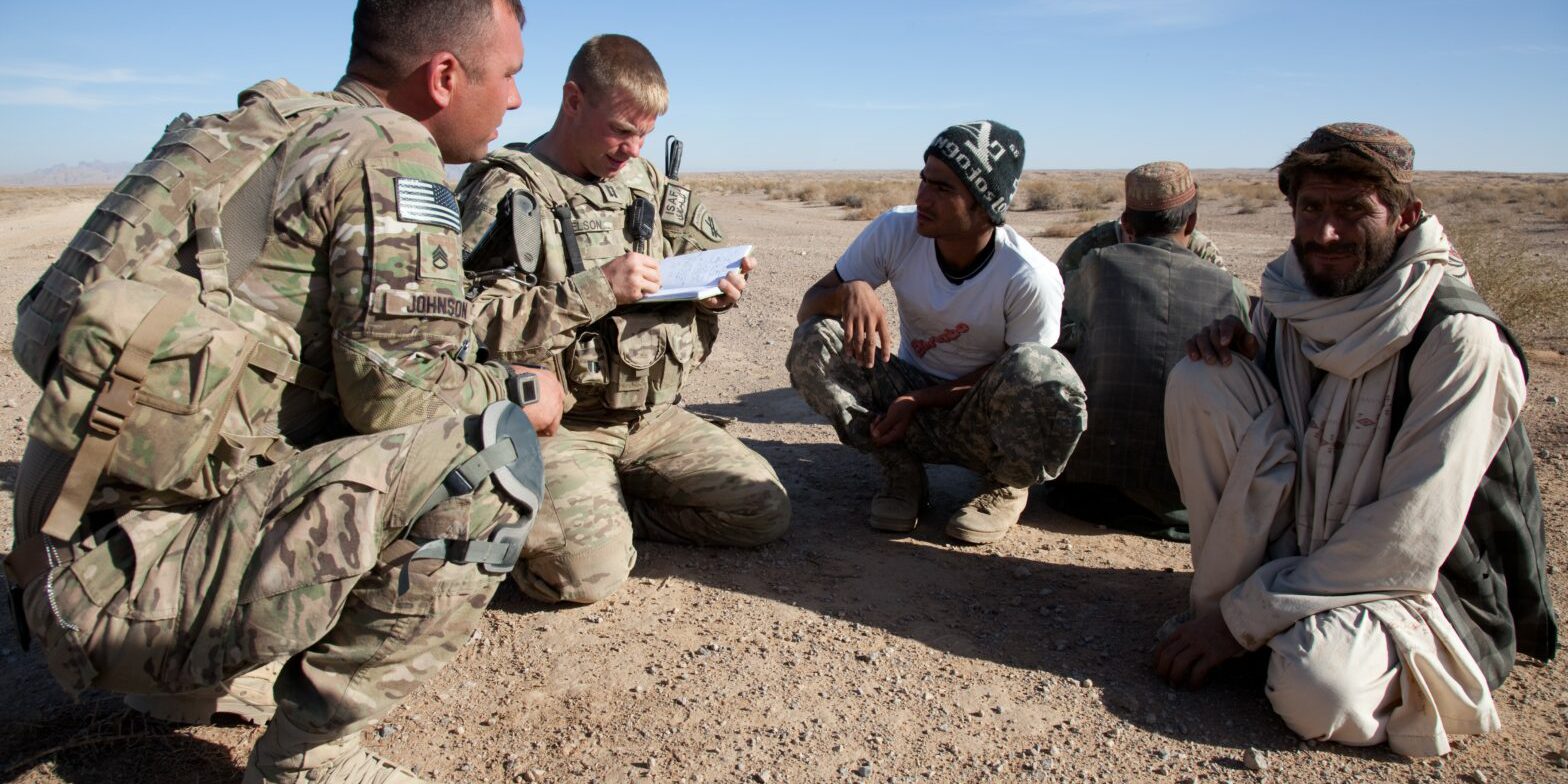Despite the fact that the United States has stationed an average of 20 percent of its entire military abroad since WWII, we know comparatively little about the broader political, economic, and cultural effects that deployments have on host states. These deployments amount to millions of U.S. military personnel rotating through hundreds of overseas locations over the course of several decades, and yet there is scant research on how these deployments alter the structure of daily life in surrounding communities. From positive externalities like providing a boon to local economies and breaking down cultural and language barriers, to negative externalities like increased crime, noise, and pollution, this project examines these effects in greater detail than existing research.
This webinar discusses the individual, local, and regional factors that shape attitudes toward U.S. military presence within host states. The project leverages survey responses of host-state populations in 14 countries that host the majority of U.S. forces abroad. These surveys help expand our understanding of the behavioral, attitudinal, and demographic determinants of attitudes toward the U.S. military, the American people, and the U.S. government as a whole among the populations of host states.


